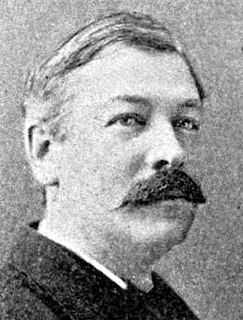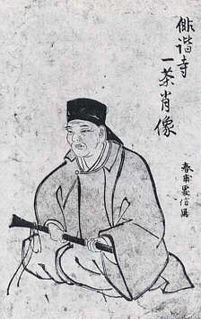A Quote by Letitia Elizabeth Landon
I cannot love evergreens - they are the misanthropes of nature. To them the spring brings no promise, the autumn no decline; they are cut off from the sweetest of all ties with their kind - sympathy. ... I will have no evergreens in my garden; when the inevitable winter comes, every beloved plant and favorite tree shall drop together - no solitary fir left to triumph over the companionship of decay.
Related Quotes
Hinduism is a living organism liable to growth and decay subject to the laws of Nature. One and indivisible at the root, it has grown into a vast tree with innumerable branches. The changes in the season affect it. It has its autumn and its summer, its winter and its spring. It is, and is not, based on scriptures. It does not derive its authority from one book. Non violence has found the highest expression and application in Hinduism.
While we only look at Nature it is fair to say that Autumn is the end of the year; but it is still more true that Autumn is the beginning of the year.... Autumn is the time when in fact the leaves bud. Leaves wither because winter begins; but they also wither because spring is already beginning, because new buds are being made, as tiny as percussion caps out of which the spring will crack.... It is only an optical illusion that my flowers die in autumn; for in reality they are born.
In the autumn I gathered all my sorrows and buried them in my garden. And when April returned and spring came to wed the earth, there grew in my garden beautiful flowers unlike all other flowers. And my neighbors came to behold them, and they all said to me, "When autumn comes again, at seeding time, will you not give us of the seeds of these flowers that we may have them in our gardens?"
I trust in Nature for the stable laws Of beauty and utility. Spring shall plant And Autumn garner to the end of time. I trust in God,-the right shall be the right And other than the wrong, while he endures. I trust in my own soul, that can perceive The outward and the inward,-Nature's good And God's.
My heart is a garden tired with autumn,
Heaped with bending asters and dahlias heavy and dark,
In the hazy sunshine, the garden remembers April,
The drench of rains and a snow-drop quick and clear as a spark;
Daffodils blowing in the cold wind of morning,
And golden tulips, goblets holding the rain -
The garden will be hushed with snow, forgotten soon, forgotten -
After the stillness, will spring come again?
You cannot plant greatness as you plant yams or maize. Who ever planted an iroko tree — the greatest tree in the forest? You may collect all the iroko seeds in the world, open the soil and put them there. It will be in vain. The great tree chooses where to grow and we find it there, so it is with the greatness in men.
Love fills everything. It cannot be desired because it is an end in itself. It cannot betray because it has nothing to do with possession. It cannot be held prisoner because it is a river and will overflow its banks. Anyone who tries to imprison love will cut off the spring that feeds it, and the trapped water will grow stagnant.
To the fuki plant, dandelions, and their kind that lie for long patiently under the fallen snow, comes the season of breezy spring. No sooner do they see the light of the world, stretching their longing heads out from the cracks in the snow, than they are instantly nipped off. For these plants isn't the sorrow as deep as that of the child's parents whose child had accidentally died? They say everything in the plant and tree kingdom attains Buddhahood. Then they, too, must have Buddha-nature.
When the rose is gone and the garden faded you will no longer hear the nightingale's song. The Beloved is all; the lover just a veil. The Beloved is living; the lover a dead thing. If love withholds its strengthening care, the lover is left like a bird without care, the lover is left like a bird without wings. How will I be awake and aware if the light of the Beloved is absent? Love wills that this Word be brought forth.
This, at last, was where things were as they ought to be. Everything was in its place -- the tree, the earth underneath, the rock, the moss. In autumn, it would be right; in winter under the snow, it would be perfect in its wintriness. Spring would come again and miracle within miracle would unfold, each at its special pace, some things having died off, some sprouting in their first spring, but all of equal and utter rightness.





































